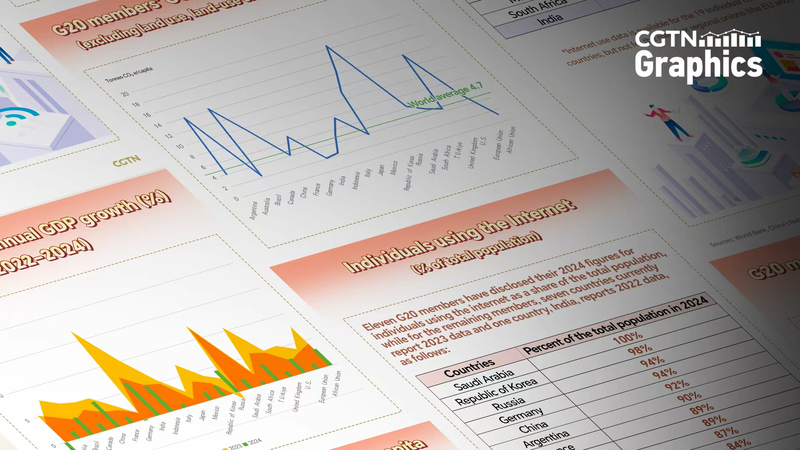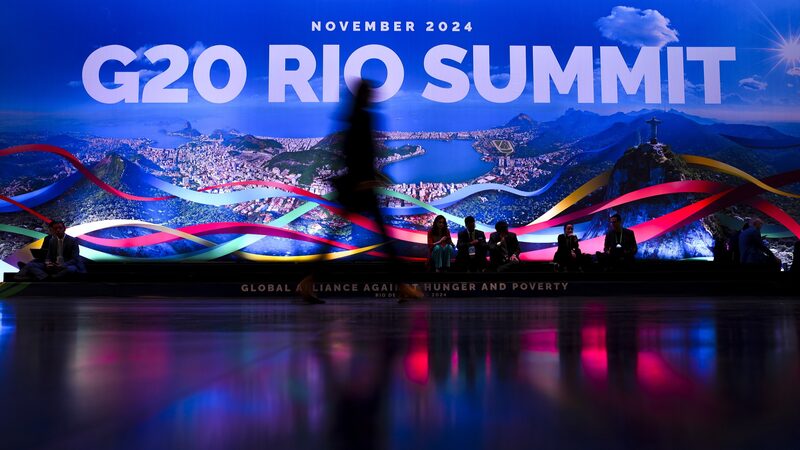As global leaders prepare to convene in Johannesburg for the G20 Summit on November 22-23, new data reveals how member economies are balancing growth with sustainability in 2025. South Africa's hosting of this critical forum comes amid shifting global priorities, with three key metrics – GDP trends, carbon footprints, and digital access – painting a nuanced picture of development.
Economic Momentum Meets Environmental Responsibility
Preliminary analysis shows Southeast Asian nations leading in GDP growth this year, while European members demonstrate declining carbon emissions per capita. India's internet penetration surge contrasts with persistent digital divides in some African member states, highlighting the G20's central challenge: harmonizing progress across diverse economies.
The Sustainability Imperative
Notably, 14 G20 members have reduced emissions while maintaining economic expansion in 2025, suggesting decoupling trends. However, energy transition disparities persist, with developing economies seeking enhanced technology sharing – a likely summit discussion point.
Road to Johannesburg
As delegates finalize agendas, this data-driven snapshot provides stakeholders – from investors to policymakers – with crucial context. The summit's outcomes could shape global cooperation frameworks through 2026, particularly in climate financing and digital infrastructure development.
Reference(s):
Graphics: emerging trends in development under the G20 framework
cgtn.com







